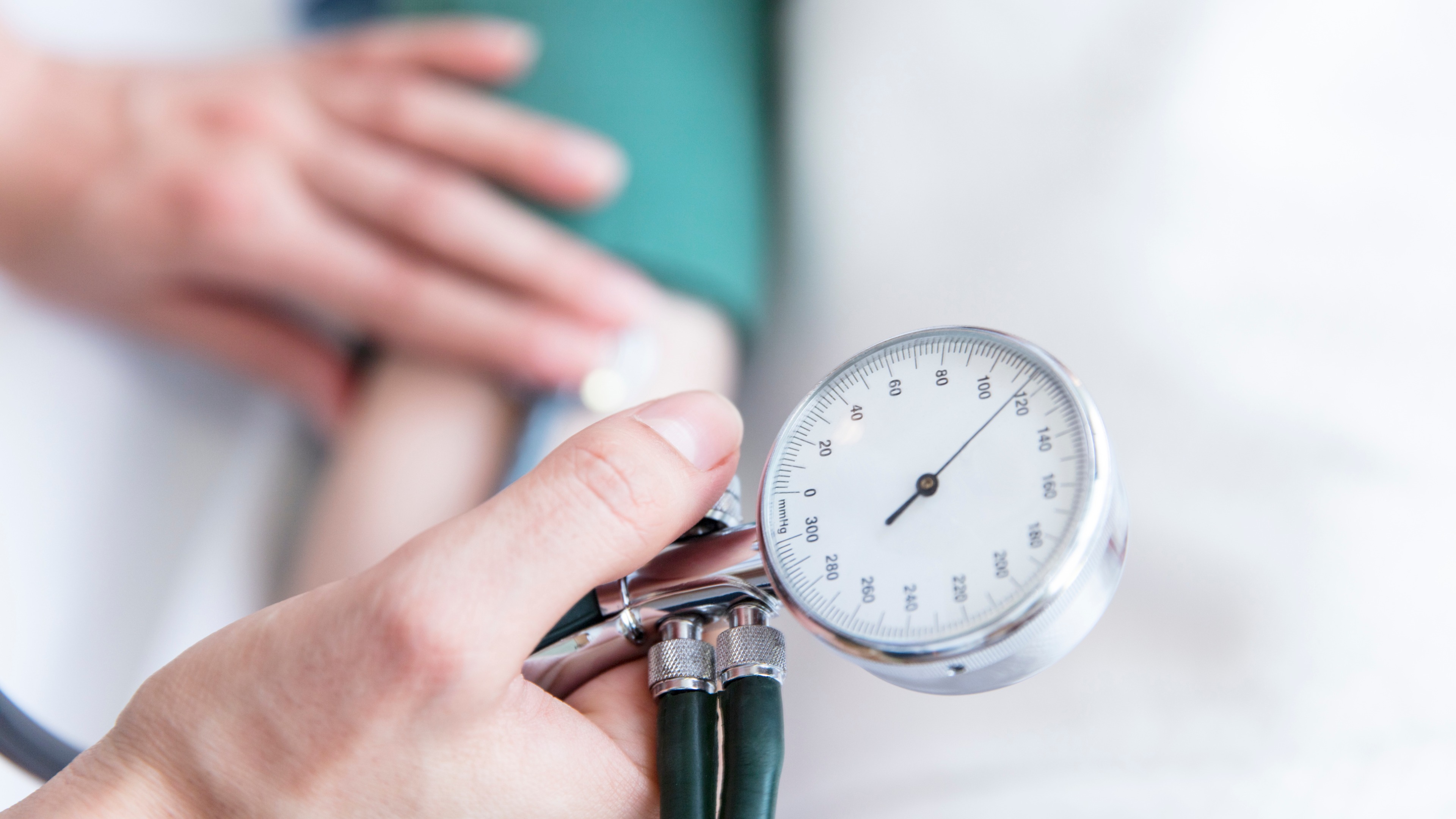
Hypertension is often called “the silent killer”, due to its often sudden appearance with deadly effects. Hypertension is commonly treated gradually over a long period of time and costs a lot.
You can lower your blood pressure without medicine through exercise and changes in lifestyle. Here are a few tips:
Lose weight
Being overweight can increase your blood pressure and cause sleep apnea, which increases the blood pressure further. Losing 9 kg can lower the blood pressure by 5-20 mmHg or around 1 mmHg per kg. As well as losing weight, you can also maximise the effort by reducing your waistline to lower your blood pressure.
Routine exercise
A 2013 research showed that elderly people who were actively involved in aerobic sports managed to lower their blood pressure by 3.9% systolic and 4.5% diastolic or around 4-9 mmHg. This is due to the fact that exercise increases heartbeat and breathing rate which strengthens the heart and enables it to pump blood easier. Ease of pumping blood can reduce pressure to the artery and hence lowering the blood pressure. 30 minutes of exercise everyday can reduce blood pressure by 5-8 mmHg. A number of exercises to lower the blood pressure include walking, jogging, cycling, and swimming.
Consuming healthy food
Healthy foods such as seeds, fruits, vegetables, low-fat dairy products, and low fat and low cholesterol food items can lower the blood pressure by up to 11 mmHg. Here are a few tips to change your diet:
- Increase your potassium intake and reduce your natrium intake. Foods rich in potassium can help reduce the effect of sodium on blood pressure. Best potassium sources include fruits, vegetables, low-fat dairy products, and fish. Consult your doctor or nutritionist for the best potassium intake. Reducing sodium intake can lower blood pressure by 5-6 mmHg.
- Reducing processed or canned food intake. Processed foods are commonly rich in salt and sugar.
- Read the ingredients label before buying the food.
- Consume foods rich in protein. A 2014 research found that a person who consumed more protein had less risk of high blood pressure. A person who consumes at least 100 gram of protein per day has less risk of high blood pressure. Foods rich in protein include seafood, eggs, fat-free chicken, fat-free beef, peanuts, and cheese.
Stop smoking
Smoking can directly, but temporarily, increase blood pressure and heartbeat. Chemicals in tobacco can increase blood pressure by damaging the veins, causing inflammation, and narrowing the artery which causes higher blood pressure.
Avoid excessive caffeine consumption
Caffeine is known to increase blood pressure by up to 10 mmHg. However, whether caffeine really increases blood pressure is still debatable.
Stop consuming alcohol
Alcohol can increase blood pressure by 1 mmHg for every 10 gram consumed. By reducing or stopping alcohol consumption, blood pressure can be lowered by up to 2-4 mmHg.
Regularly check your blood pressure at home
Regular blood pressure check can see the impact of lifestyle changes and as an evaluation of therapy. Also consult your doctor regularly to control your blood pressure.
Text by Rezky Zakiri
Stock photos from healthination.com
Source(s):
- 17 Effective Ways to Lower Your Blood Pressure (2018). https://www.healthline.com/health/high-blood-pressure-hypertension/lower-it-fast#1, August, 2018.
- 10 Ways to Control High Blood Pressure Without Medication (2018). https://www.mayoclinic.org/diseases-conditions/high-blood-pressure/in-depth/high-blood-pressure/art-20046974, August, 2018.
- How to Lower Your Blood Pressure Without Meds (2017). https://blogs.webmd.com/heart-disease/2017/02/how-to-lower-your-blood-pressure-without-meds.html, August, 2018.